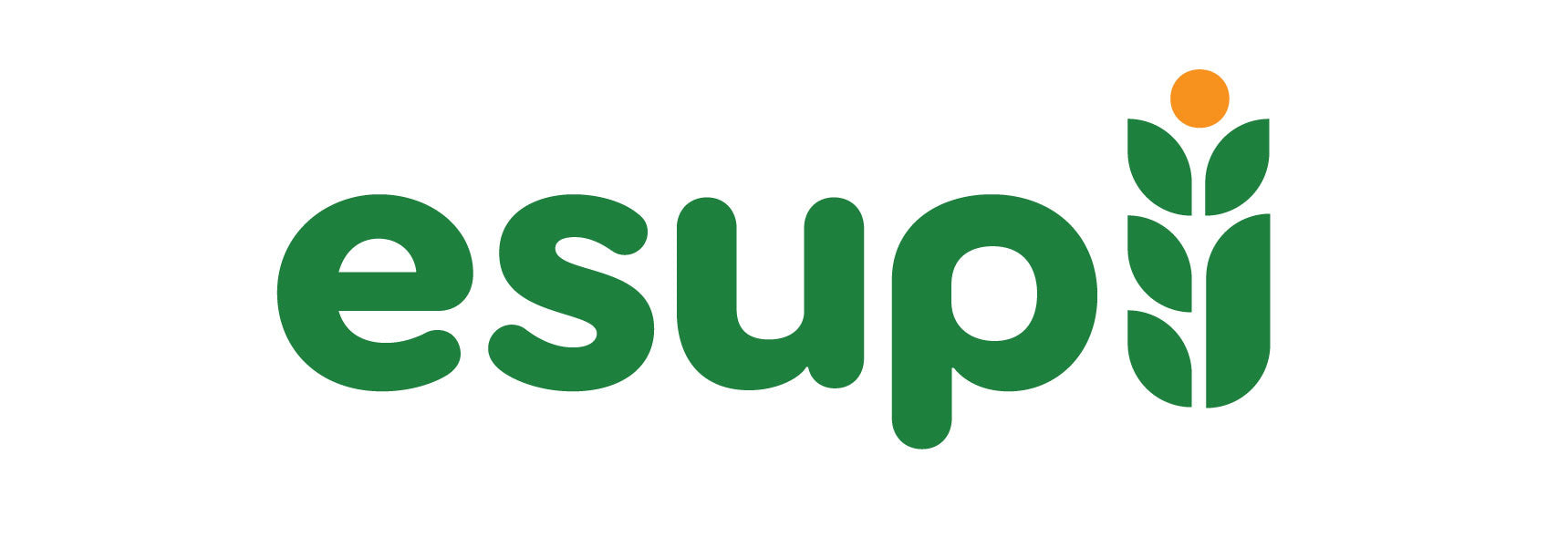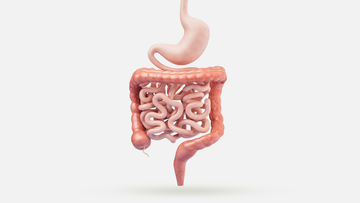Unlocking the Power of Omega-3: Essential Nutrients for Health and Wellness

Introduction: The maintenance of general health depends heavily on omega-3 fatty acids, which are necessary nutrients. Since the human body is unable to generate this particular form of polyunsaturated fatty acid, it must be acquired from diet or supplementation. Omega-3 fatty acids are well known for their wide range of health advantages, especially for the heart, brain, and overall reduction of inflammation.
What are Omega-3 Fatty Acids?
A family of important lipids called omega-3 fatty acids is essential for good health. Alpha-linolenic acid (ALA), eicosapentaenoic acid (EPA), and docosahexaenoic acid (DHA) are the three most significant kinds of omega-3s. While EPA and DHA are mostly obtained from fatty fish such as salmon, chia seeds, and walnuts, ALA is primarily found in plant sources like flaxseed, chia seeds, and walnuts.
Health Benefits of Omega-3 Fatty Acids:
- Heart Health: Omega-3s have been extensively studied for their positive effects on heart health. They help lower triglyceride levels, reduce blood pressure, prevent blood clot formation, and decrease inflammation in the arteries.
- Brain Function: DHA, in particular, is a major structural component of the brain. Omega-3s have been linked to improved cognitive function, memory, and mood regulation. They are especially important for brain development in infants and young children.
- Inflammation and Joint Health: Omega-3s possess anti-inflammatory properties, which can help alleviate symptoms of chronic inflammation and conditions like rheumatoid arthritis. They may reduce joint pain, stiffness, and swelling.
- Eye Health: DHA is also found in high concentrations in the retina. Consuming omega-3s may help maintain good eyesight and lower the risk of age-related macular degeneration, a leading cause of vision loss.
- Mental Health: Some studies suggest that omega-3 fatty acids may have a positive impact on mental health conditions such as depression and anxiety, although further research is needed.
Food Sources of Omega-3 Fatty Acids:
-
To incorporate more omega-3s into your diet, consider including the following:
- Fatty fish: Salmon, trout, mackerel, sardines, and tuna.
- Plant sources: Chia seeds, flaxseeds, hemp seeds, walnuts, and soybeans.
- Fortified foods: Some products like eggs, yogurt, and milk may be fortified with omega-3s.
- Supplements: Fish oil and algae oil supplements are available for those who do not consume enough omega-3-rich foods.
Omega-3 Supplements:
Supplements can be an option for individuals who struggle to meet their omega-3 needs through diet alone. Fish oil supplements are a common choice and are available over-the-counter. Vegetarians and vegans can opt for algae-based supplements, which provide EPA and DHA derived from marine algae.
Recommended Intake and Precautions:
The recommended daily intake of omega-3 fatty acids varies depending on age, sex, and individual health conditions. It is generally advised to consume a balanced diet rich in omega-3s rather than relying solely on supplements. However, individuals taking blood-thinning medications or with certain health conditions should consult with a healthcare professional before starting any new supplements.
Remember, while omega-3 fatty acids offer numerous health benefits, they should be part of an overall healthy lifestyle that includes a balanced diet, regular exercise, and routine medical check-ups.




